The resurgence of the Taliban in Pakistan
Islamabad blames Kabul for sheltering jihadi fighters terrorising Pakistan's borderlands
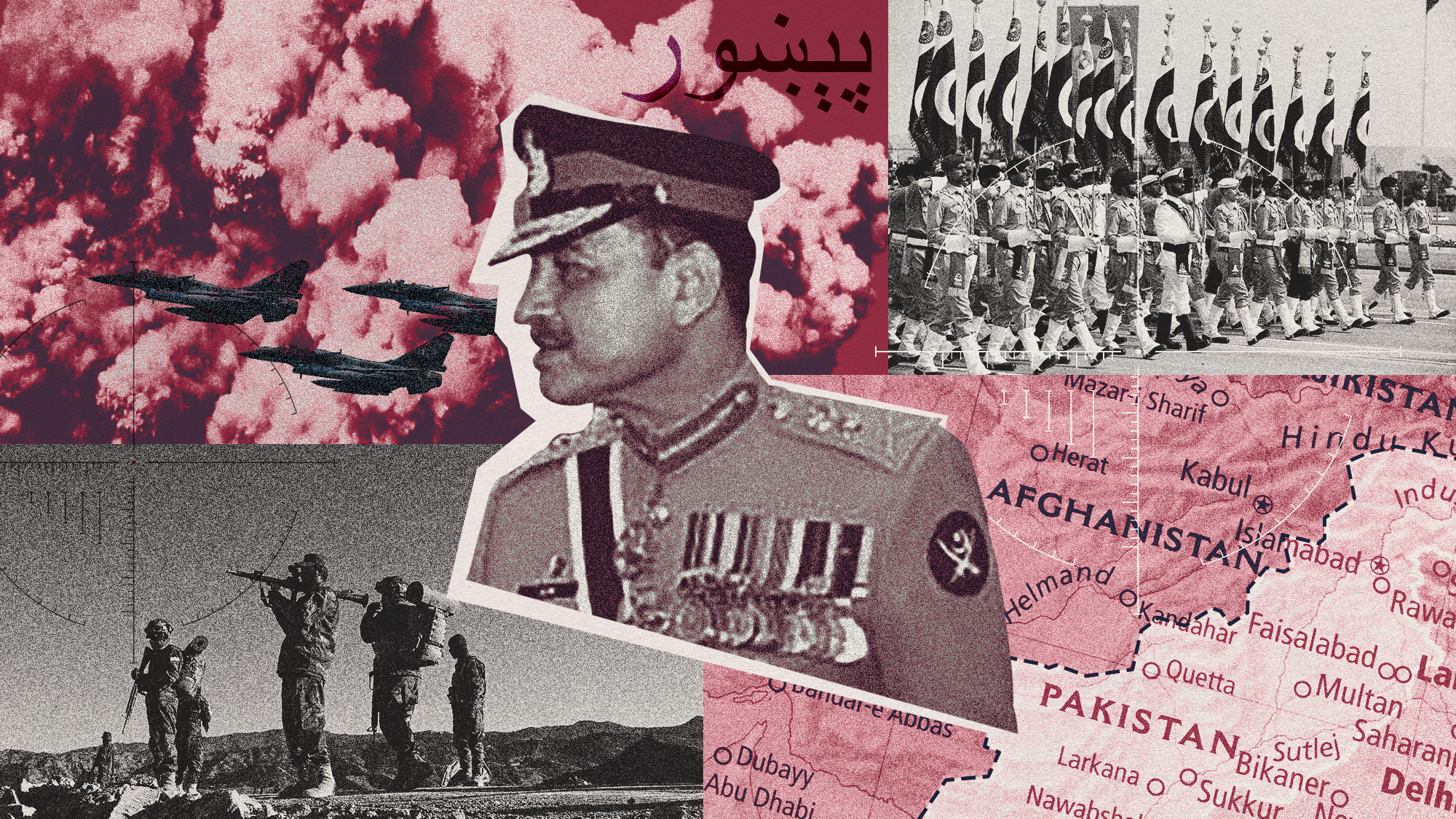
A free daily email with the biggest news stories of the day – and the best features from TheWeek.com
You are now subscribed
Your newsletter sign-up was successful
The Pakistani Taliban has been growing in power and ambition since its ally across the border retook control of Afghanistan in 2021.
In recent months, the Tehreek-e-Taliban Pakistan (TTP) has ramped up its terror attacks and threats towards Pakistan's all-powerful military, taking advantage of the country's political chaos to entrench its influence in the tribal borderlands.
This surge in violence is causing increasing tension between Islamabad and Kabul, with Pakistan accusing the Taliban regime in Afghanistan of providing safe havens for TTP militants, and allowing them to carry out cross-border attacks – which Kabul denies. Last month, Pakistan launched air strikes against alleged TTP hideouts in Afghanistan, prompting Afghanistan to retaliate with strikes of its own. "This is a red line for us," said Pakistan's Prime Minister Shehbaz Sharif. "If the TTP operates from there, it is not acceptable for us. We will defend Pakistan's sovereignty at every cost."
The Week
Escape your echo chamber. Get the facts behind the news, plus analysis from multiple perspectives.

Sign up for The Week's Free Newsletters
From our morning news briefing to a weekly Good News Newsletter, get the best of The Week delivered directly to your inbox.
From our morning news briefing to a weekly Good News Newsletter, get the best of The Week delivered directly to your inbox.
'Strategic miscalculation'
The TTP was founded in 2007, at the height of the US "war on terror". Although it has ideological links with the Afghan Taliban, it operates independently. The group's aims are to establish an Islamic emirate in Pakistan and impose strict sharia law.
It was responsible for some of Pakistan's "deadliest attacks", said Al Jazeera, including a 2014 massacre at a military-run school, in which "more than 130 children were killed".
About 6,000 to 6,500 of its fighters operate out of Afghanistan, according to a UN monitoring report last July. And it has had a recent "surge in manpower" in Pakistani borderlands, said The Diplomat. Locals suggest there could now be "up to 20,000" affiliated with the TTP. The group is, in effect, creating a "parallel governance system" in Khyber Pakhtunkhwa, a north-western province on the Afghanistan border.
The TTP also took a share of the US military equipment, worth an estimated $7 billion, that was left in Afghanistan when America withdrew in 2021. This, and the release of hundreds of its fighters from Afghan prisons, "erased much of Pakistan's hard-fought progress to defeat it", analysts told the Financial Times.
A free daily email with the biggest news stories of the day – and the best features from TheWeek.com
Last year in Pakistan, more than 2,500 people were killed in terror attacks – most of them carried out by the TTP, according to the country's Center for Research and Security Studies. This was a 66% increase from 2023, making it the deadliest year in a decade.
TTP attacks have provided "fuel in the political infighting" racking Pakistan, said The New York Times. And they are putting "immense pressure on leaders" in both Pakistan and Afghanistan, causing once-close ties to fray.
Islamabad covertly supported the Taliban in Afghanistan during the decades it was out of power, hoping that, once it regained power, it would help "rein in" the TTP in return. That, experts say, was "a strategic miscalculation".
'Return to widespread violence'
This month, the TTP issued a warning to the Pakistani army, saying it would now attack its commercial interests, as well as its personnel. It named specific companies as targets. and warned civilians to "divest from military-run organisations within three months", said Al Jazeera. This shift in strategy could, say analysts, signal "a return to widespread violence".
For its part, Pakistan's military has warned that it will no longer tolerate "safe havens" for TTP fighters in Afghanistan, said The Diplomat. It has begun referring to the TTP as khawarij ("outside the fold of Islam"), and calling on Afghanistan to crack down on the group.
But the Taliban has "strong domestic incentives not to do so", said The New York Times. It fears pushing TTP fighters into joining Isis-K, an Afghan offshoot of Islamic State, which is increasingly a threat to the regime.
The economic interdependence between Pakistan and Afghanistan means "neither side can afford a breakdown in relations", Maleeha Lodhi, a former Pakistani ambassador to the US and the UN, told the FT. "But this level of cross-border violence can't go on."
Meanwhile, locals are "bearing the brunt" of both jihadi violence and security operations, said The Diplomat. People are "scared to go out of their homes after sunset", said Abdullah Bettani, an activist based in Khyber Pakhtunkhwa. "Many, including women and children, are dying in the crossfire."
Harriet Marsden is a senior staff writer and podcast panellist for The Week, covering world news and writing the weekly Global Digest newsletter. Before joining the site in 2023, she was a freelance journalist for seven years, working for The Guardian, The Times and The Independent among others, and regularly appearing on radio shows. In 2021, she was awarded the “journalist-at-large” fellowship by the Local Trust charity, and spent a year travelling independently to some of England’s most deprived areas to write about community activism. She has a master’s in international journalism from City University, and has also worked in Bolivia, Colombia and Spain.
-
 6 of the world’s most accessible destinations
6 of the world’s most accessible destinationsThe Week Recommends Experience all of Berlin, Singapore and Sydney
-
 How the FCC’s ‘equal time’ rule works
How the FCC’s ‘equal time’ rule worksIn the Spotlight The law is at the heart of the Colbert-CBS conflict
-
 What is the endgame in the DHS shutdown?
What is the endgame in the DHS shutdown?Today’s Big Question Democrats want to rein in ICE’s immigration crackdown
-
 The fall of the generals: China’s military purge
The fall of the generals: China’s military purgeIn the Spotlight Xi Jinping’s extraordinary removal of senior general proves that no-one is safe from anti-corruption drive that has investigated millions
-
 China’s Xi targets top general in growing purge
China’s Xi targets top general in growing purgeSpeed Read Zhang Youxia is being investigated over ‘grave violations’ of the law
-
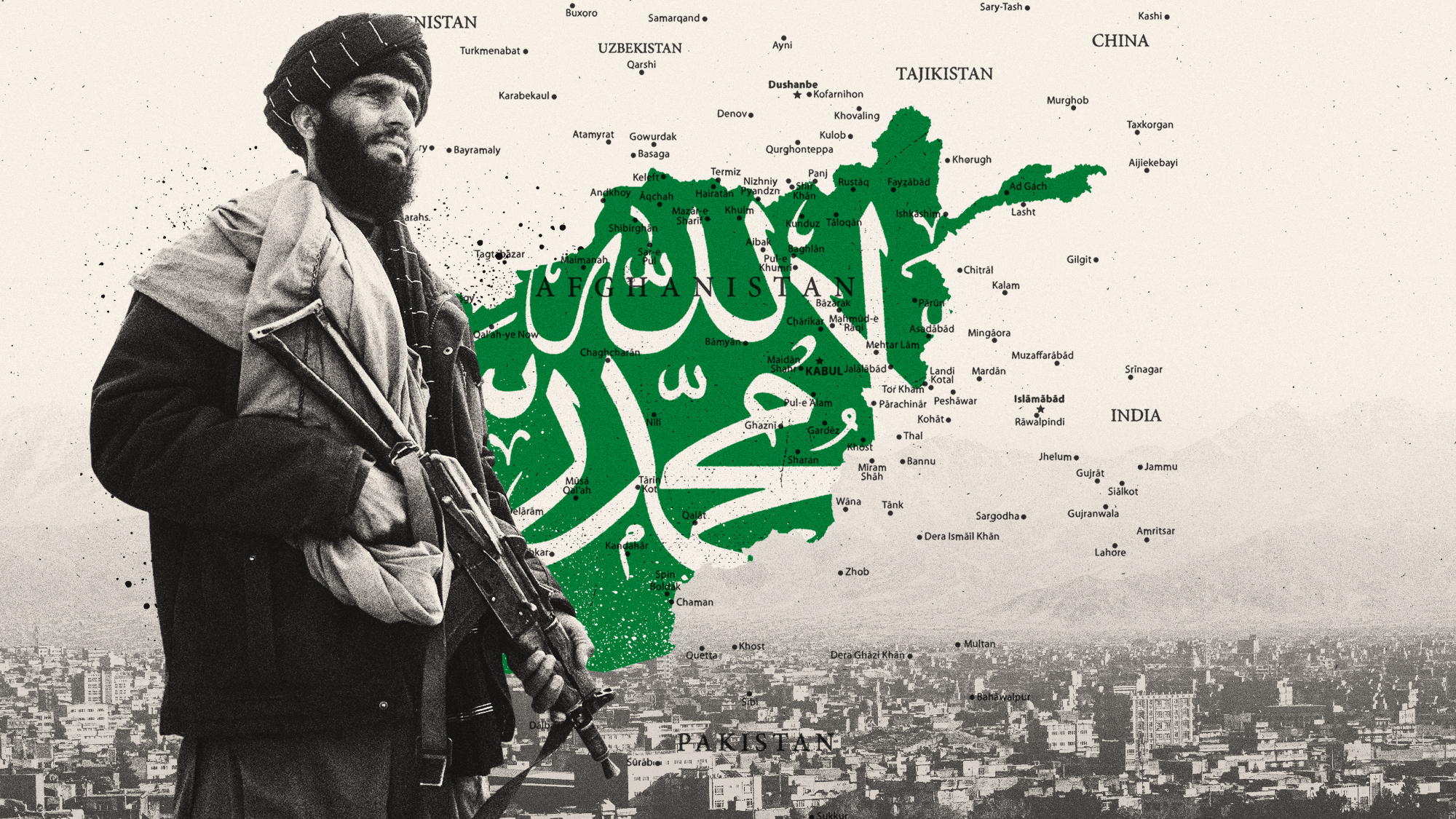 Normalising relations with the Taliban in Afghanistan
Normalising relations with the Taliban in AfghanistanThe Explainer The regime is coming in from the diplomatic cold, as countries lose hope of armed opposition and seek cooperation on counterterrorism, counter-narcotics and deportation of immigrants
-
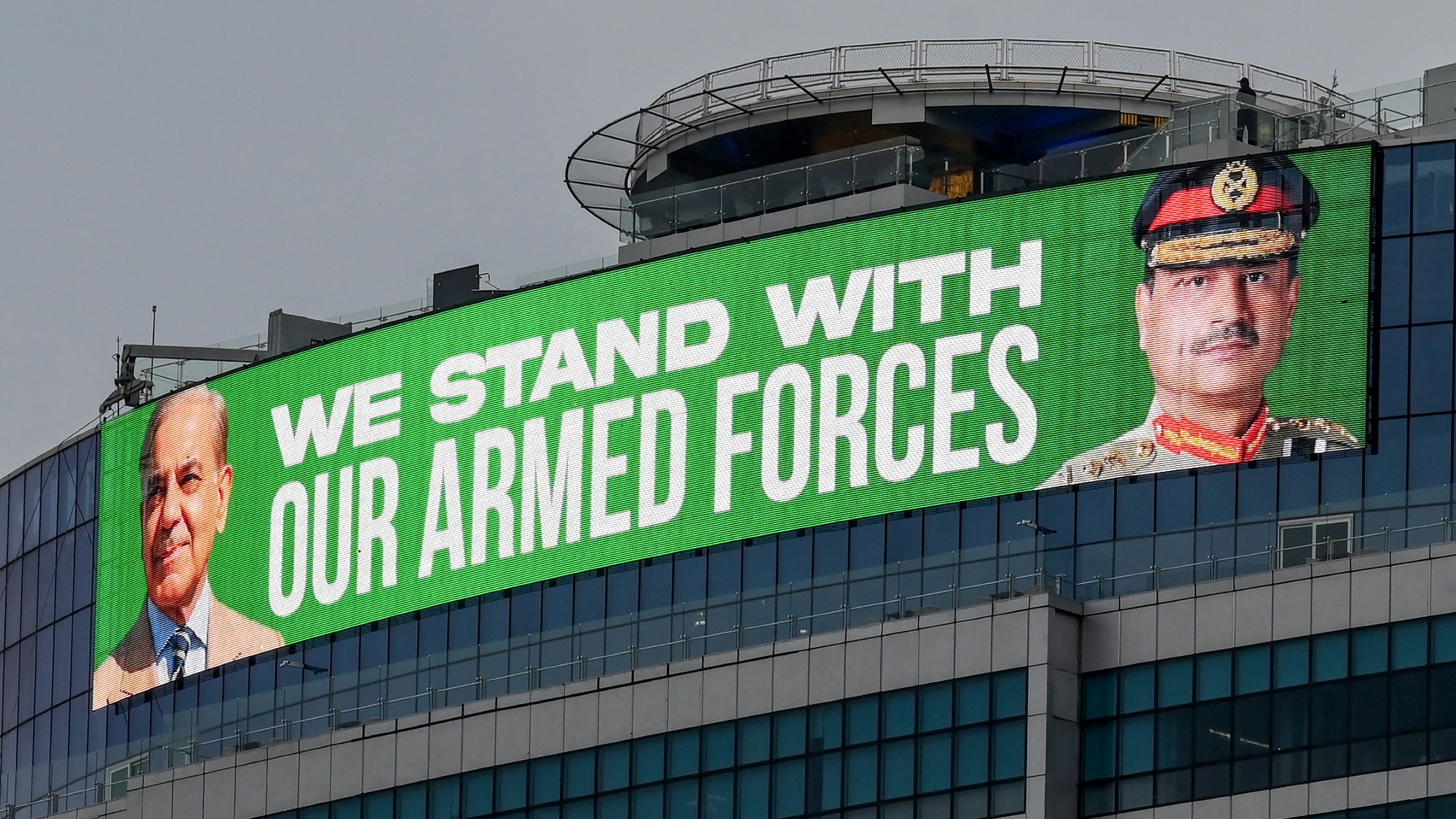 Pakistan: Trump’s ‘favourite field marshal’ takes charge
Pakistan: Trump’s ‘favourite field marshal’ takes chargeIn the Spotlight Asim Munir’s control over all three branches of Pakistan’s military gives him ‘sweeping powers’ – and almost unlimited freedom to use them
-
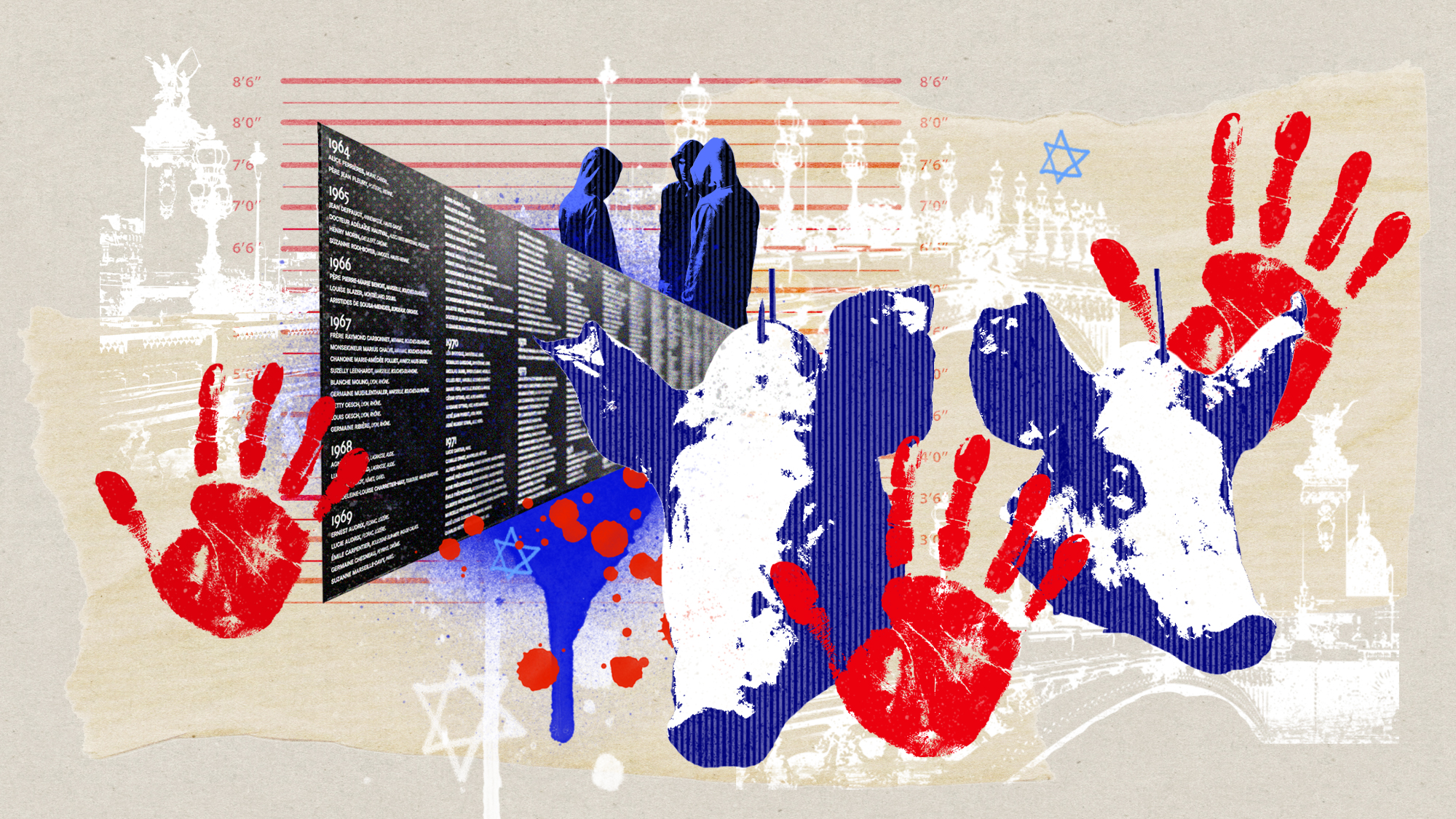 France’s ‘red hands’ trial highlights alleged Russian disruption operations
France’s ‘red hands’ trial highlights alleged Russian disruption operationsUNDER THE RADAR Attacks on religious and cultural institutions around France have authorities worried about Moscow’s effort to sow chaos in one of Europe’s political centers
-
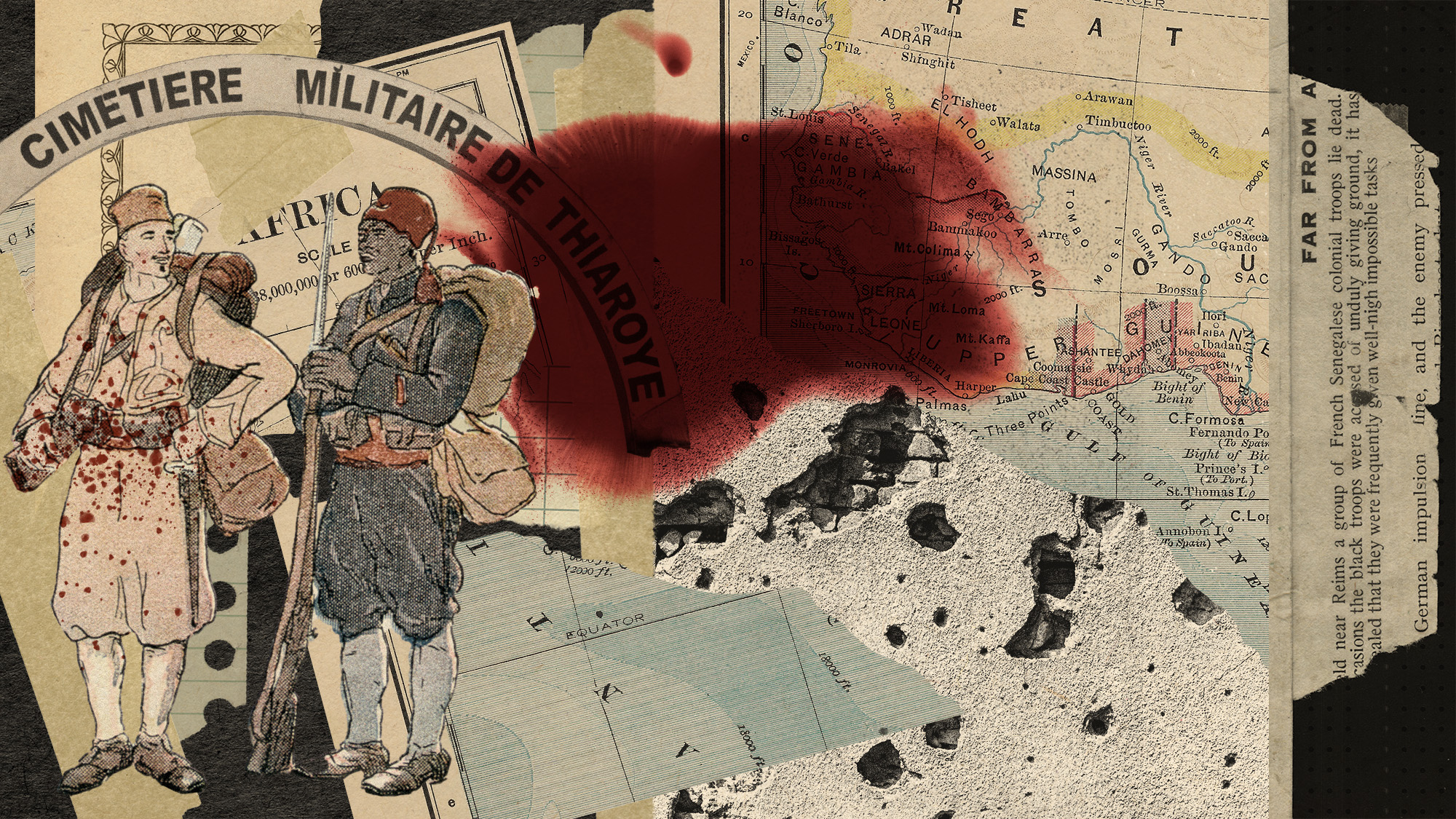 The WW2 massacre dividing Senegal and France
The WW2 massacre dividing Senegal and FranceUnder the Radar A new investigation found the 1944 Thiaroye attack on ‘unarmed’ African soldiers was ‘premeditated’, and far deadlier than previously recorded
-
 Sanae Takaichi: Japan’s Iron Lady set to be the country’s first woman prime minister
Sanae Takaichi: Japan’s Iron Lady set to be the country’s first woman prime ministerIn the Spotlight Takaichi is a member of Japan’s conservative, nationalist Liberal Democratic Party
-
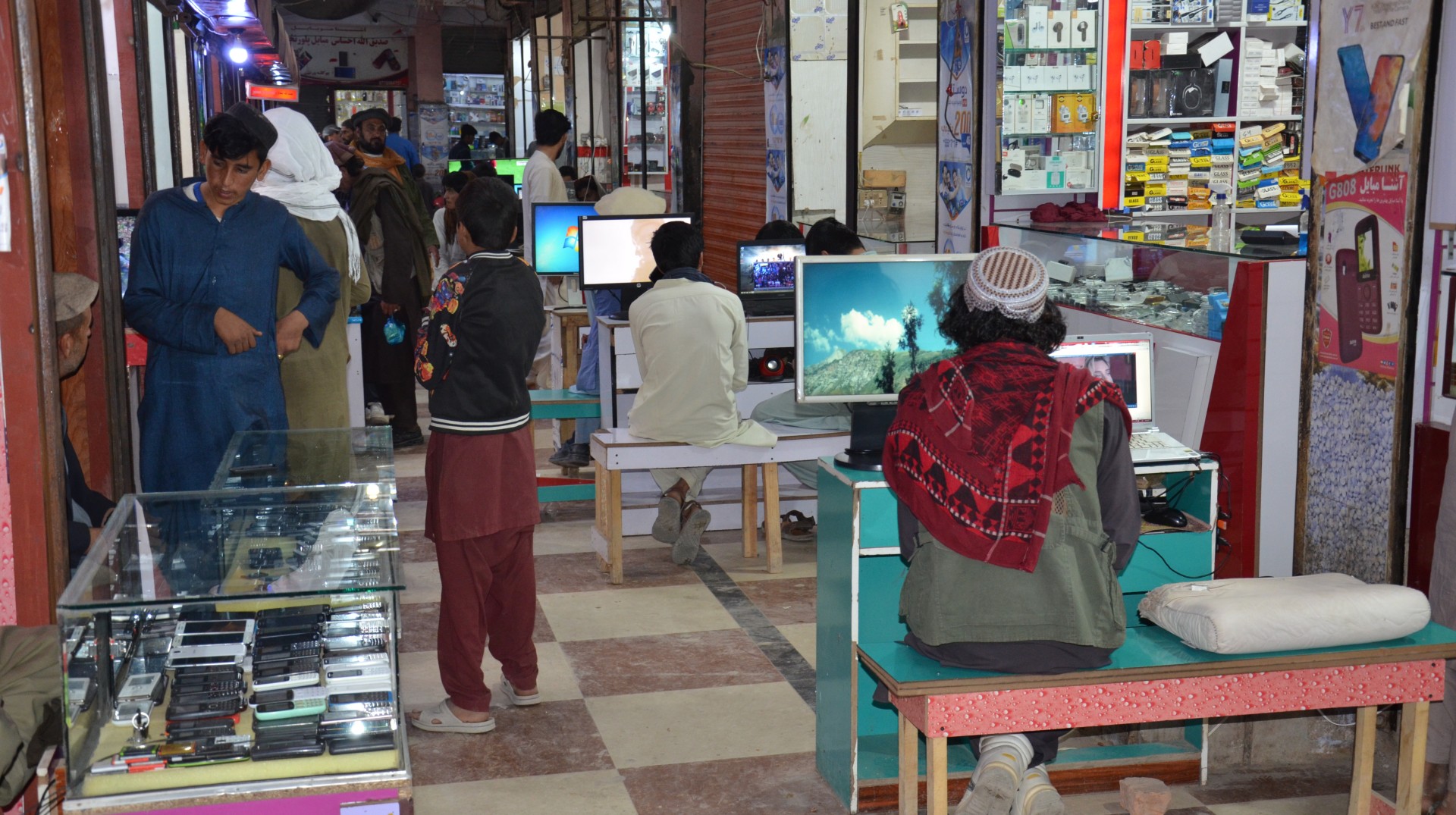 The Taliban wages war on high-speed internet
The Taliban wages war on high-speed internetTHE EXPLAINER A new push to cut nationwide access to the digital world is taking Afghanistan back to the isolationist extremes of decades past